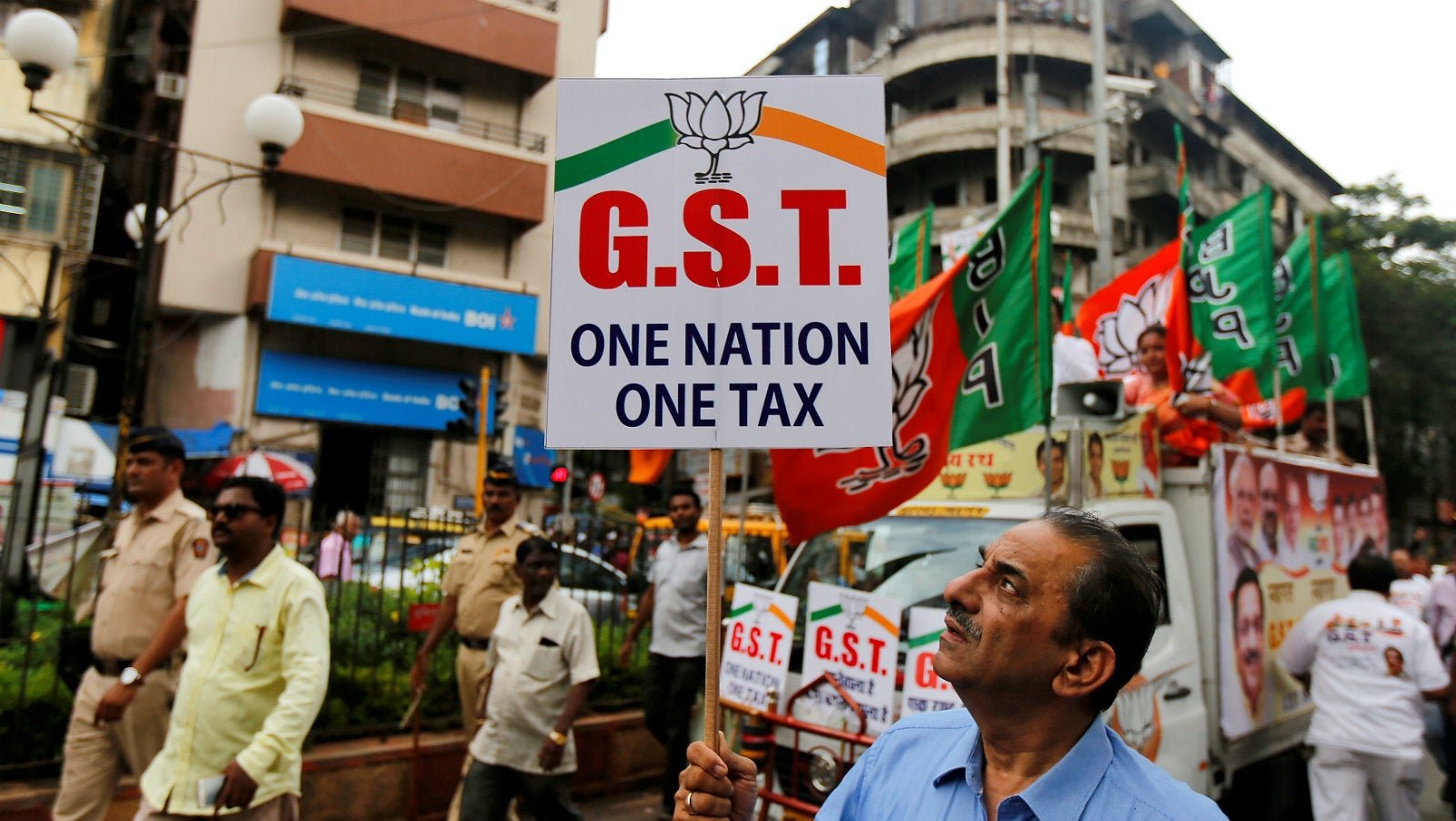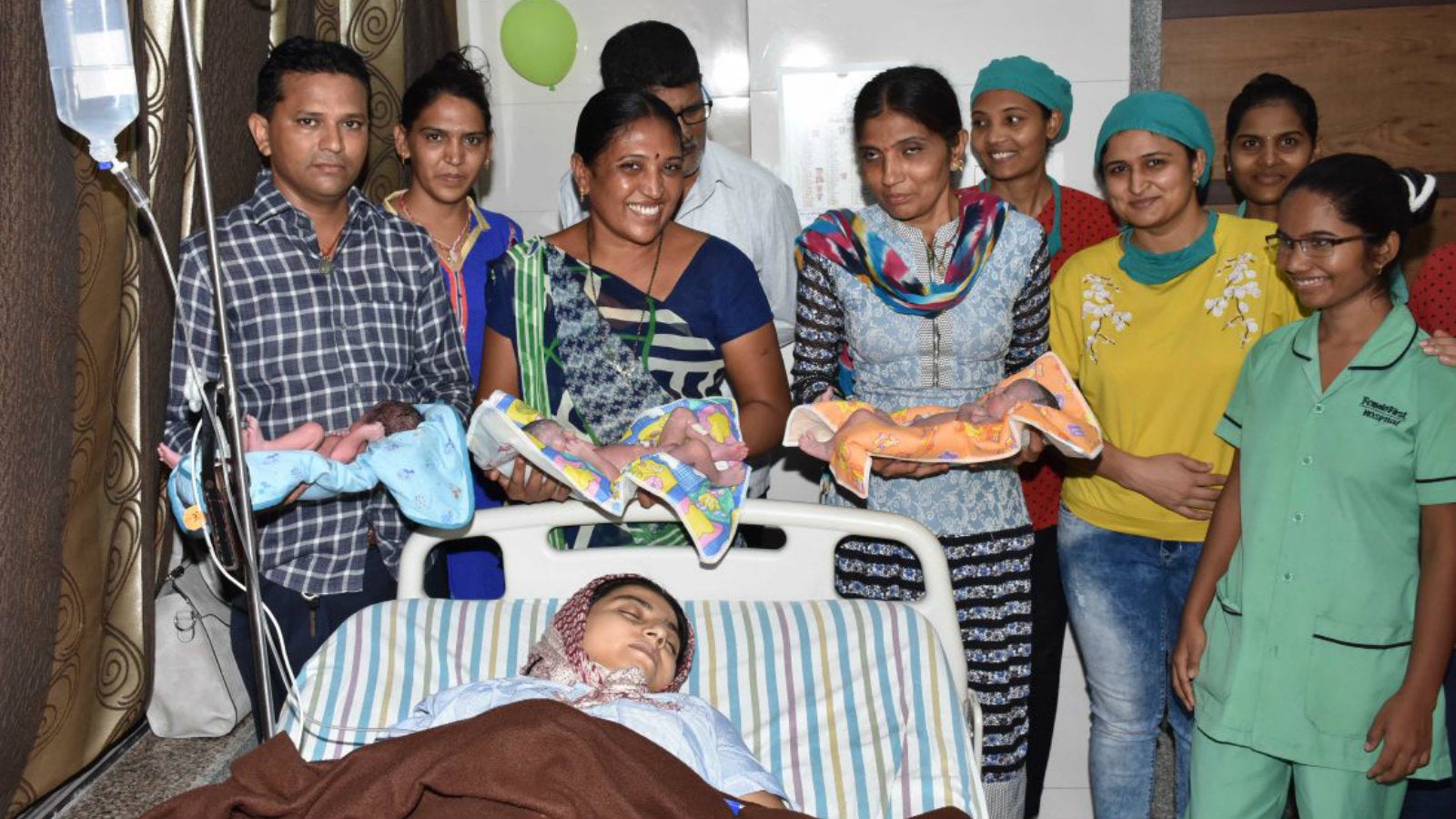Indians are celebrating the country’s biggest tax reform by naming their babies after it
When it comes to naming babies, Indians love their stock options picked mostly from mythology. But there’s no shortage of the quirky ones either.


When it comes to naming babies, Indians love their stock options picked mostly from mythology. But there’s no shortage of the quirky ones either.
However, every so often comes a truly inspired choice. Like Millennium Baby, born early in the morning of Jan. 01, 2000. Or Lalu, born on a train in 2009, and named after former railway minister Lalu Prasad.
The ushering in of India’s biggest ever fiscal reform since independence has sparked one such amusing trend in the country: babies named after the goods and services tax (GST)!
Kanchan and Umesh Patel of Surat, Gujarat, turned parents to triplets on Sept. 09. After consulting their gynaecologist, they decided to name their three daughters Garavi (G), Sanchi (S), and Taravi (T).
“We want their birth to be as memorable as a big event like GST and as they are born in the same year, we named them based on it,” Umesh, the father, told Quartz.

Similarly, in the weeks since the GST was launched on July 01, a number of babies were named after it.
One, born in Rajasthan at 12.02am on July 01, was simply named GST by her parents who were taken in by the momentousness of the occasion. Yet another baby girl, this one born on July 01 in Chhattisgarh state, was also named GST.
The new tax regime intends to simplify India’s complex web of taxes and bring in a modicum of uniformity across the country.
In the Patels’ case, it was an inspiration to demonstrate their lack of gender bias. “GST is one nation, one tax and is uniform. Similarly both female and male child are equal. The parents also chose GST as names for this particular reason as they were happy having girls in their family,” explained Dr Sweta Patel who works at Surat’s Female First hospital where the triplets were born.
Now that is truly welcome. India is notorious for its preference for the male child. Often seen as a burden and rarely considered as financial contributors, girls in India are given to being mistreated—many are even killed in the womb. This has skewed India’s sex ratio so much that it is now one of the worst in the world.
Meanwhile, even as the country’s economy is witnessing a slowdown, Patel, like many others, believes that despite the confusion around it right now, the GST will bear fruit in the long run.
“Even though my job is not directly affected by it, GST affects everyone. I know that there are going to be benefits in the long-run,” said Patel, who works in the services industry and is an ardent supporter of prime minister Narendra Modi.